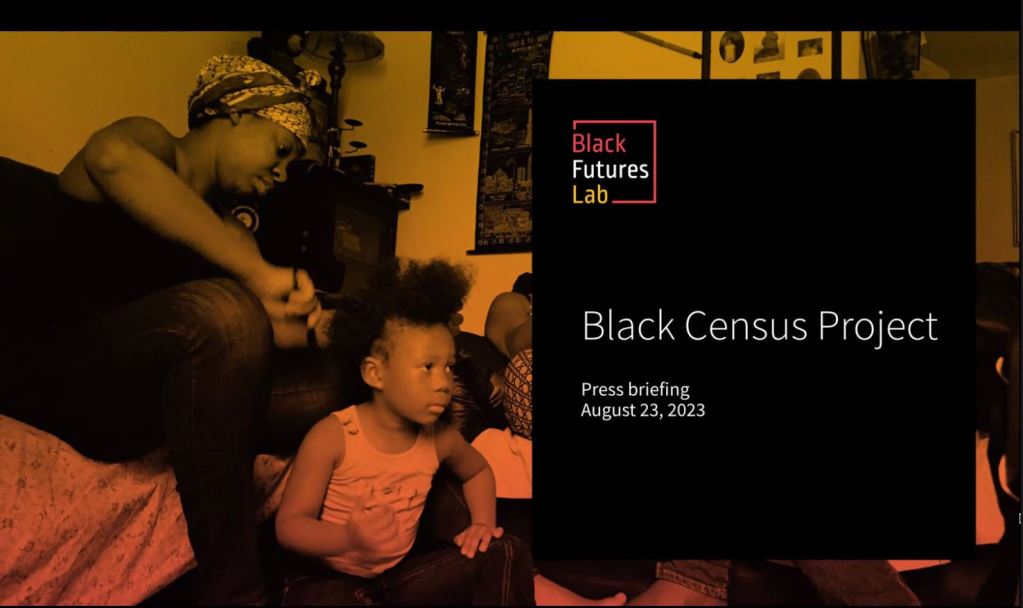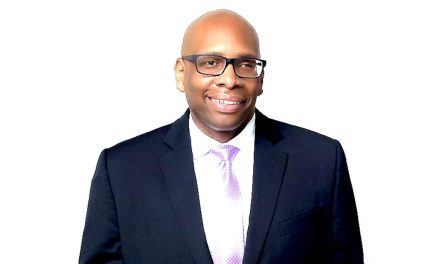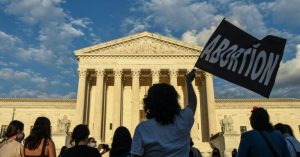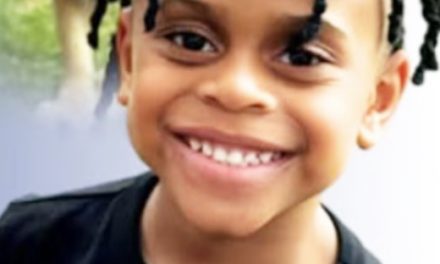By DaQuan Lawrence
AFRO International Writer
DLawrence@afro.com
Black Futures Lab (BFL) and Black leaders recently commemorated a significant milestone, the 2023 Black Census Project, an undertaking and monumental effort that collected survey responses from Black Americans across all 50 states regarding their views on public policy.
On Aug. 23, Angela Rye masterfully moderated a discussion that included Alicia Garza, founder of Black Futures Lab, Roland Martin, Host of #RolandMartinUnfiltered, Aria Sa’id, founder of The Transgender District, and Michael Harriot, Author of Black AF History: The Un-Whitewashed Story of America, who discussed the significance of the survey.
Approximately 128,000 participants responded to the survey, which seeks to collect an aggregate of Black American’s opinions on U.S. policies including voting rights, education, abortion, housing, criminal justice reform, tax laws that impact businesses and more.
“We launched the first Black census in 2018 because we know that if you want to take a pulse on what’s happening with the country at large, you have to listen to and be responsive to Black communities,” said Garza, the founder of Black Futures Lab.
“We launched the first Black census in 2018 because we know that if you want to take a pulse on what’s happening with the country at large, you have to listen to and be responsive to Black communities.”
Black Futures Lab works with Black people to transform their communities, build Black political power, and change the way that power operates locally, statewide and nationally. The organization seeks to understand the dynamics impacting Black communities and engages the Black community in the decisions that impact their lives.
BFL’s initial Black Census Project was conducted in 2018 and surveyed over 30,000 Black people throughout the U.S. on their political beliefs, views, concerns and aspirations. The first Black Census was considered the largest survey of Black people conducted in the United States since Reconstruction, and the 2023 report is now believed to be four times the size of the 2018 Black Census, and the largest exclusive survey of Black people in American history.
“This charts a pathway for us to be specific about the issues and allows us to be able to challenge political leaders. We have to connect the dots for our people,” Martin said.
“Putting this survey in the hands of our people enables us to hold elected officials accountable, and to mobilize the public,” he continued.
During the briefing, media attendees viewed the initial findings of Black attitudes and opinions across demographics and geography, including LGBTQIA communities, incarcerated Black people, Black immigrant communities and Black people in rural areas.
“Race is being attacked from many different angles and in history the U.S. has been very good at the activation of amnesia, and the way that power is organized in this country,” Garza said during the virtual press briefing.
“Attacks on African American Studies because if you study the contributions of Black people in this country, you expose something that we don’t actually want you to see,” she continued.
Data from the Black Census will encourage Black communities to stay engaged and wield political power to inform, influence, and impact all institutions and decision-makers who are or should be engaging Black people.
The Black Census is used to design the Black Agenda 2024, a policy road map which informs legislators across the nation of the key priorities of Black communities across America. The Black Agenda 2024 will be used to activate and engage Black voters in advance of elections.
“Anti-trans legislation is building in the U.S., and we know anecdotally that Black trans-people are often impacted severely and immediately,” Aria Sa’id, founder-emeritus of the Transgender District, said during the convening.
The mission of the San Francisco-based Transgender District is to create an urban environment that fosters the rich history, culture, legacy and empowerment of transgender people and its deep roots in the southeastern Tenderloin neighborhood.
“Especially in a climate where there’s so much anti-trans rhetoric, bigotry and prejudice towards queer and trans people” Sa’id continued.
“This project was really important to be a part of because it allowed us to be explicit on our needs as a community, as trans communities are labeled ‘other’ within data and in the Black community” she concluded.
During the briefing the panelists raised the importance of dispelling many myths that politically motivated and propagated by media reporting that is ultimately disadvantageous to the Black community. An example of such a notion is the idea that Black men have not participated in elections at a high rate.
“If we’re ever using a narrative, we have to remind people that on the Democratic side, Black women are the number one voting bloc and Black men are number two” Martin said.
“We have to continue to say ‘thank you’ to Black men for participating at similar rates that Black women participate. Please stay on message and stay on course,” Garza said during the virtual briefing.
“If we stick together, we have to actually keep refusing to promote those messages that ‘Black men are going to be the reason that Democrats lose the election’. That just has not been true,” Garza explained.
Another issue and misreported myth that impacts the upcoming elections that was raised was the idea that Black men are vacating the Democratic Party for the Republican Party. With the Republican Party presidential debates taking place on the same night as the press briefing, political clarifications are important to inform voters in the upcoming elections.
“This narrative of Black male voters kind of swept into the GOPis a function of voter participation,” said historian and author, Harriot.
“The unwillingness to report facts complicates this narrative when we examine this idea of Black men shifting to the GOP, without talking about stuff like felony disenfranchisement, voter suppression in the south and where Black people vote,” Harriot said.
“When you leave that out and reports as if the GOP has this great plan that are magnetizing Black men toward the GOP, it is really not true and it’s irresponsible,” he concluded.
The post Black Futures Lab Conducts highest Census of Blacks in U.S. in history appeared first on AFRO American Newspapers .











